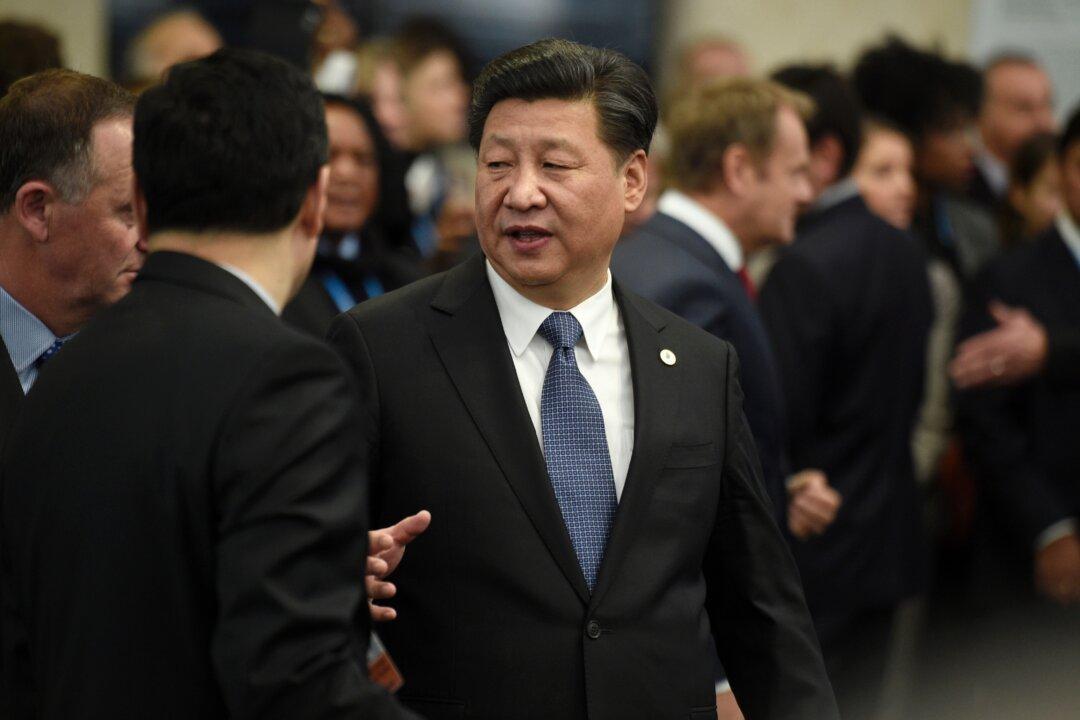Through the age-old Chinese literary device of using allusions to communicate meaning, Chinese Communist Party leader Xi Jinping has indicated his intention to purge two former officials who for a long time were the most powerful individuals in China.
The allusions were made in “Xi Jinping’s Treatise on Impartial and Strict Party Discipline and Standards,” a book of speeches made last year by Xi at various meetings with officials, which went into circulation countrywide on Jan. 3.
It's one step away from naming someone.
, senior researcher, Chinascope




